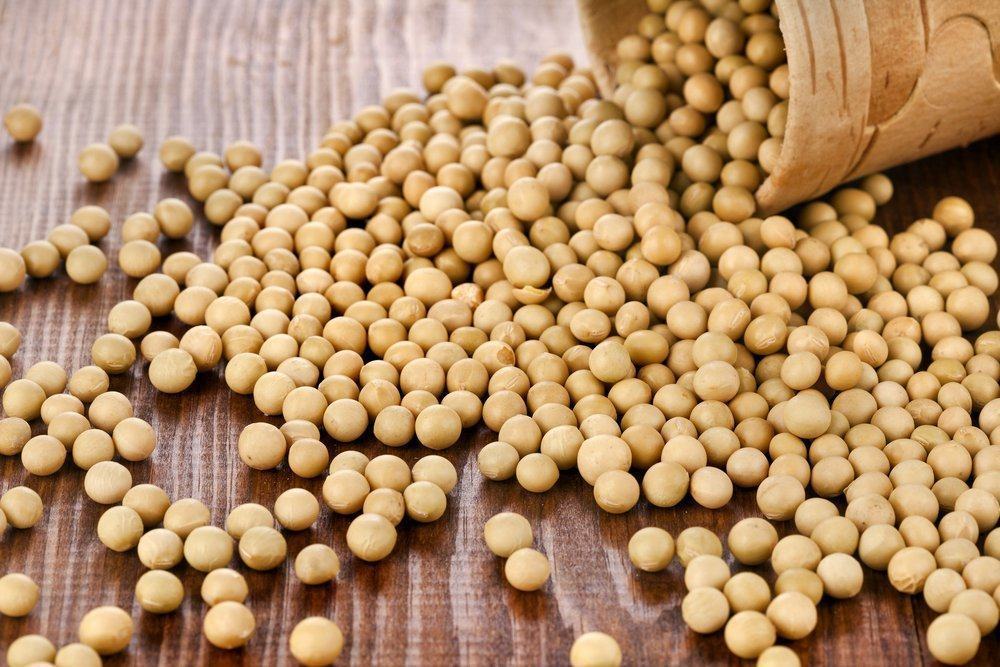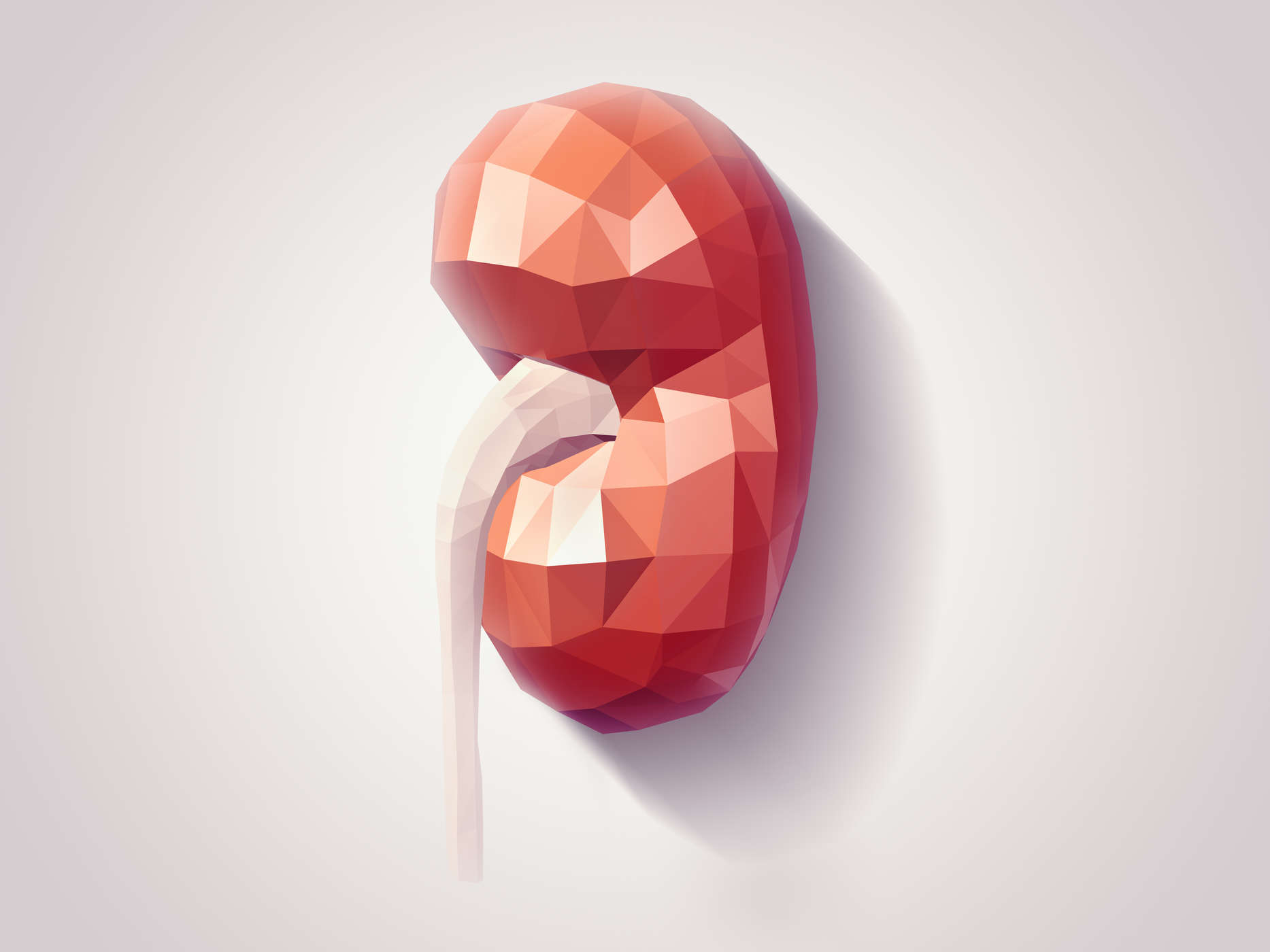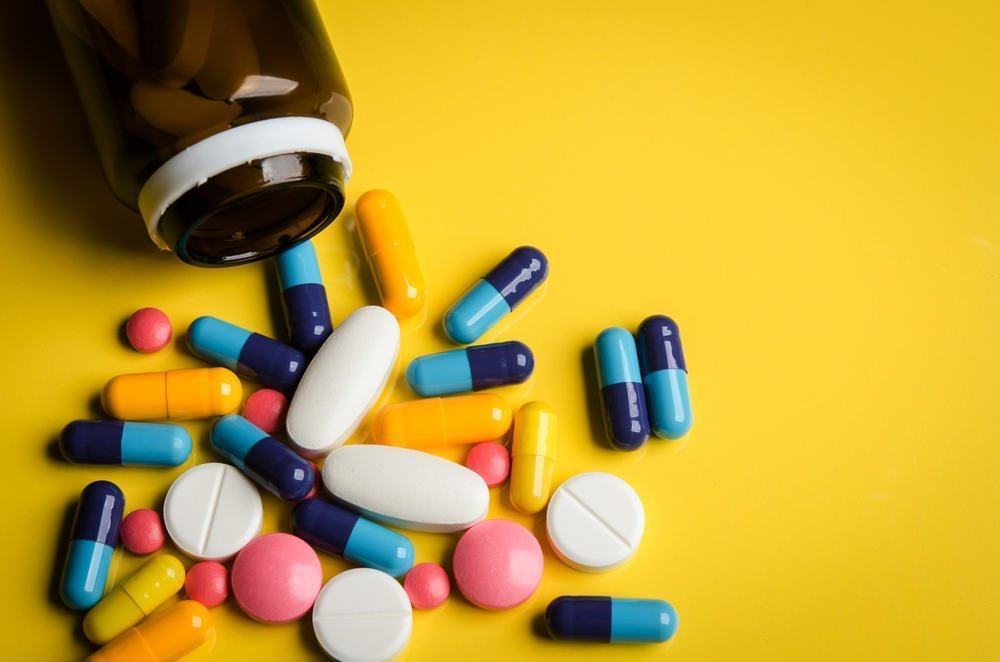Contents:
- Medical Video: The Truth About Soy and Fertility, Man Boobs, PCOS + Acne!
- Where does soybeans reduce male fertility?
- Benefits of soybeans for men
Medical Video: The Truth About Soy and Fertility, Man Boobs, PCOS + Acne!
Soybean food has long been the choice of many people, say tempeh, tofu, soy milk, and other soy products. Soybean is one source of animal protein and is known to contain many benefits, including reducing cholesterol levels, reducing the risk of heart disease, breast cancer, osteoporosis, and reducing menopausal symptoms for women. However, behind many of these benefits, there is an assumption that he said soybeans reduce male fertility. Is that true?
Where does soybeans reduce male fertility?
Soybeans contain one type of phytoestrogens known as isoflavones. This isoflavone content is then associated with male fertility because of its impact on reproductive hormones and sperm. Research conducted at Kings’s College London In 2005, it was shown that the possibility of human sperm losing its acrosome (the part that allows sperm to penetrate the egg cell) tripled after being exposed to the isoflavone genistein (a form of isoflavone) found in soy.
Men who consume a lot of soy products have lower sperm concentrations compared to men who don't eat soy products. However, studies that prove this to be true are very limited and very few in number. Usually research about this is more visible in men overweight or obese who come to fertility clinics.
Research by Chavarro and colleagues involving 99 men between 2000 and 2006 showed that men who ate lots of soybeans tended to have lower sperm concentrations than men who did not eat soybeans, but most were still within normal limits. Compared to men who don't eat soybeans, men with the highest soybean intake produce more volume of ejaculation, but with the same number of sperm, so the sperm concentration is lower.
Low sperm concentration does not mean an impact on the morphology (shape) and motility (ability to move) of sperm. Low sperm concentration mainly occurs in men who experience it overweight and obesity. This study is not enough to prove that soy consumption is related to sperm concentration. Researchers suspect that other factors, such as overweight and obesity, may be involved. In addition, the men involved in this study may not represent all men. To prove the relationship between soy consumption and male fertility, further research is needed.
The Chavarro study conducted in western countries also recognizes that more soy intake in Asian men does not indicate that soy consumption reduces male fertility. So, the myth that says soy consumption reduces male fertility has not been proven to be true. So for men who like to consume foods that contain soy, such as tempeh, tofu, soy milk and others, you can eat as much as you want and no need to worry about your fertility anymore.
Benefits of soybeans for men
Behind the myth of "soybeans reduce male fertility", soybeans also have good benefits for men. As one source of vegetable protein, soybeans are rich in important nutrients needed by the body and are also useful for preventing various diseases, including:
- Prevent coronary heart disease (CHD). Soybeans can protect the body from heart disease because of its healthy nutritional content. First, soybeans have low saturated fat and high content of polyunsaturated fats (such as omega-6 fatty acids and omega-3 fatty acids), so that it can help reduce cholesterol levels in the blood. Second, protein in soybeans can directly reduce cholesterol levels in the blood. Research shows that consumption of foods containing soy can reduce the risk of CHD due to the effects of soybeans which can reduce high blood cholesterol.
- Prevent prostate cancer. Soybeans contain phytochemical substances that can reduce the risk of prostate cancer in men and may also help cure this disease. Research shows that genistein isoflavone in soy can prevent prostate cancer. Other studies also show that men who consume foods containing soybeans every day are less likely to suffer from prostate cancer compared to those who don't.












